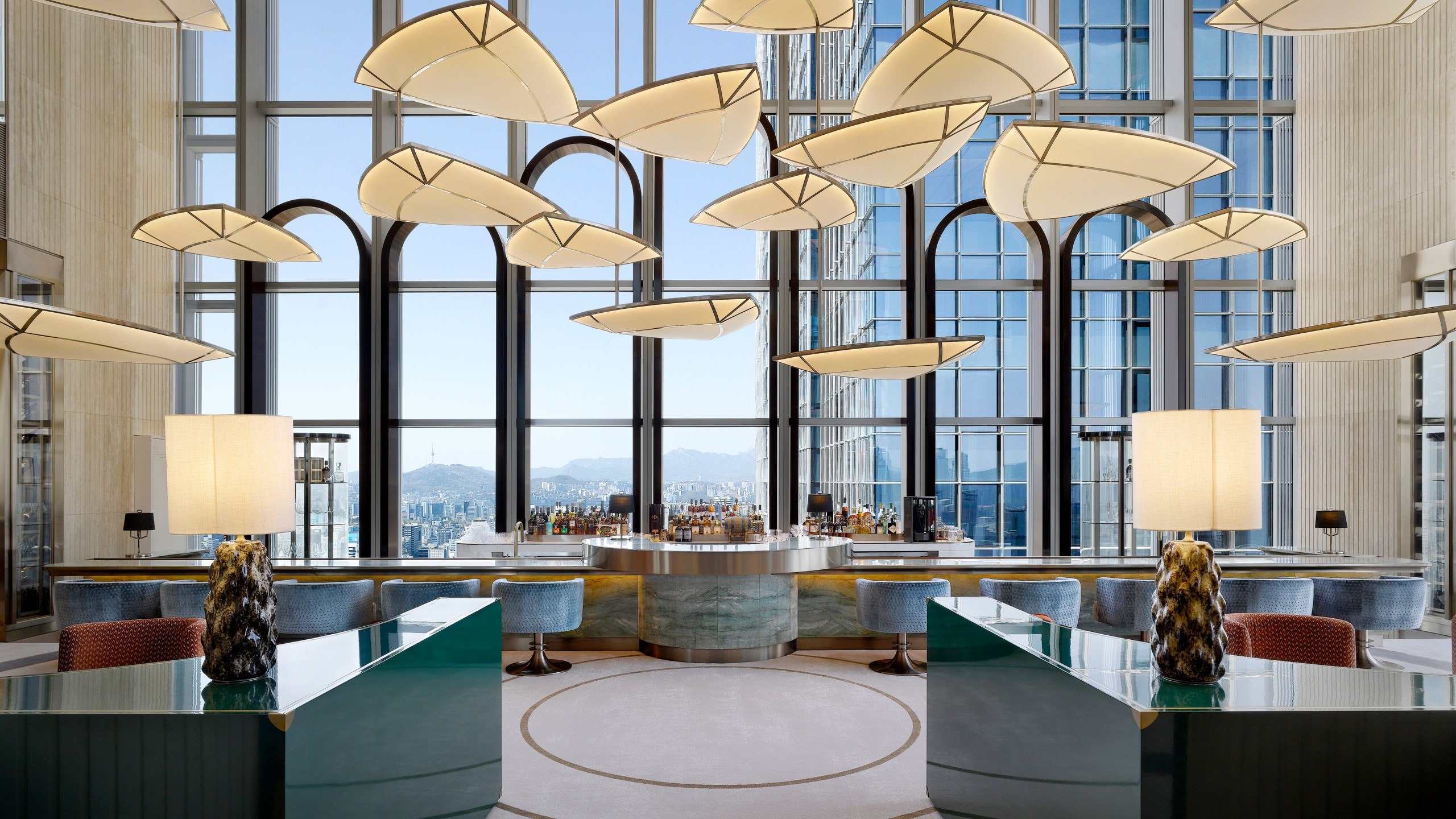What is hotel management, you might ask? And that’s a really good question. The hotel industry is broad and complex, with many stakeholders involved. Did you, for example, know hotels are not just managed by one party but typically have many different players involved in operating the hotel? This is just one of the many important things discussed in this article.

As a hotel management company, we hope this article will help you with the basic concept of hotel management to explore different hotel positions and everything in between. We want to make sure you get the complete picture of what the hotel industry is all about!
What Is Hotel Management All About, And Why Is It Important?
Hotel management can be defined as a complete set of activities, strategies, and practices that are implemented to efficiently oversee the day-to-day operations of a hotel or any lodging establishment. It encompasses a wide array of tasks that span various departments, all working in harmony to deliver exceptional guest experiences and optimise business performance. From front-of-house functions like guest reception and concierge services to back-of-house operations like finance, and marketing, every facet of a hotel’s functioning falls under the umbrella of hotel management.
Hotel Management Importance
In the competitive hospitality landscape, effective hotel management can make the difference between a thriving establishment and one struggling to stay afloat. A well-managed hotel not only delivers outstanding guest experiences but also maintains a streamlined operation that increases hotel incomes and minimises costs. Additionally, hotel management ensures compliance with industry regulations, maintains the safety of guests and employees, and adapts to evolving consumer preferences and technological advancements.

History of the Hotel Industry: How It Started & Looking To The Future
Delving into the fascinating history of hotels, our journey takes us back to Japan in the 700s, where Ryokans, the original hotels, were set up along the Silk Road. These Ryokans were like cosy rest stops for travellers, marking the early roots of the hospitality scene.
In 17th-century England, a bustling landscape emerged with over 600 inns. These inns weren’t just places to sleep; they were cultural hubs, offering rest and stories to tired travellers navigating their way through a world that was becoming more interconnected.
In the after 1800s, César Ritz stepped onto the scene with a game-changer. In 1893, he did the unthinkable by introducing private bathrooms in every guest room. It might sound ordinary now, but back then, it was nothing short of revolutionary. This move set the stage for a new era in hospitality, where comfort and privacy became paramount.
The Future of Hotel Management
Fast forward to the present day, and the global hotel landscape has exploded. With over 500,000 establishments worldwide, catering to a diverse range of tastes and preferences, the industry continues to evolve. From charming guesthouses to luxurious 5-star hotels, each year brings new technology and trends, keeping things fresh and exciting. Hotels are fully embracing automation, finding cool and innovative ways to invest in sustainability, and adapting to the ever-changing needs of travellers. Take, for instance, the First World Hotel in Malaysia, boasting 7351 rooms and holding the record as the world’s largest hotel. It’s a symbol of the industry’s growth and adaptability, reflecting the ever-evolving nature of our travel experiences.

Now, let us take a look at the hotel industry of the future. Imagine seamless check-ins via mobile, personalised rooms, and sustainability as a top priority. Unique experiences, local integration, and employee well-being shape the narrative. Hotels become more than stays; they’re immersive stories, blending comfort, tech, and warm hospitality.




